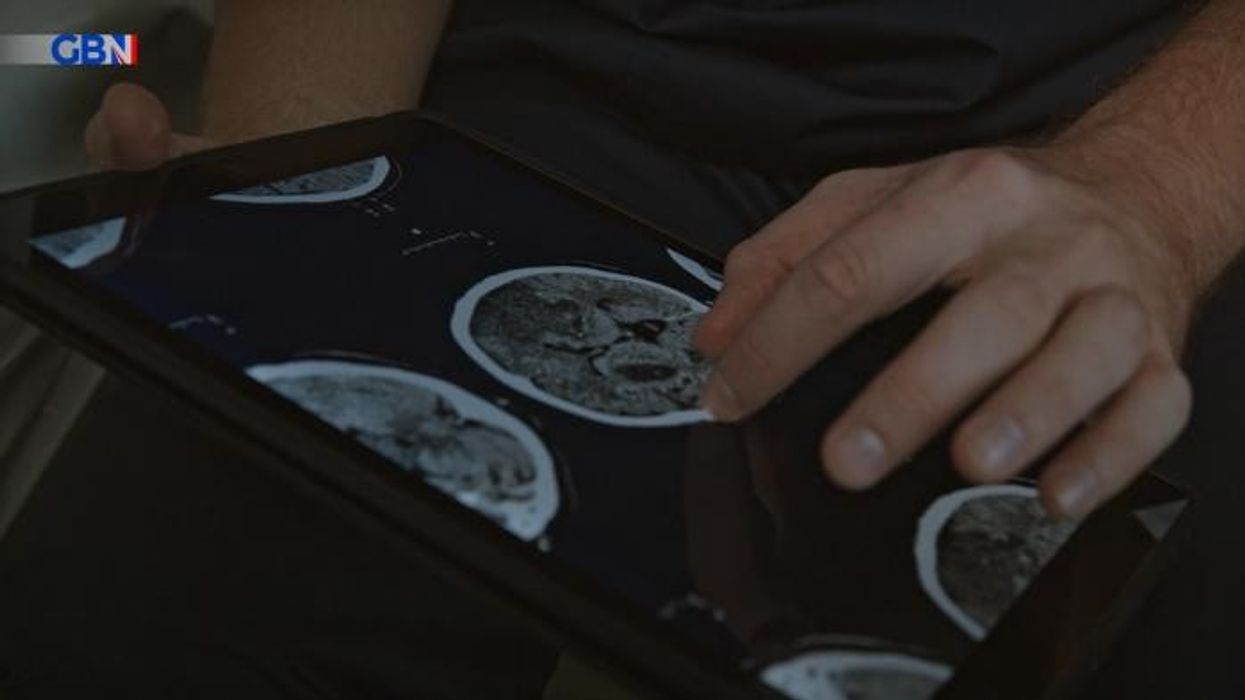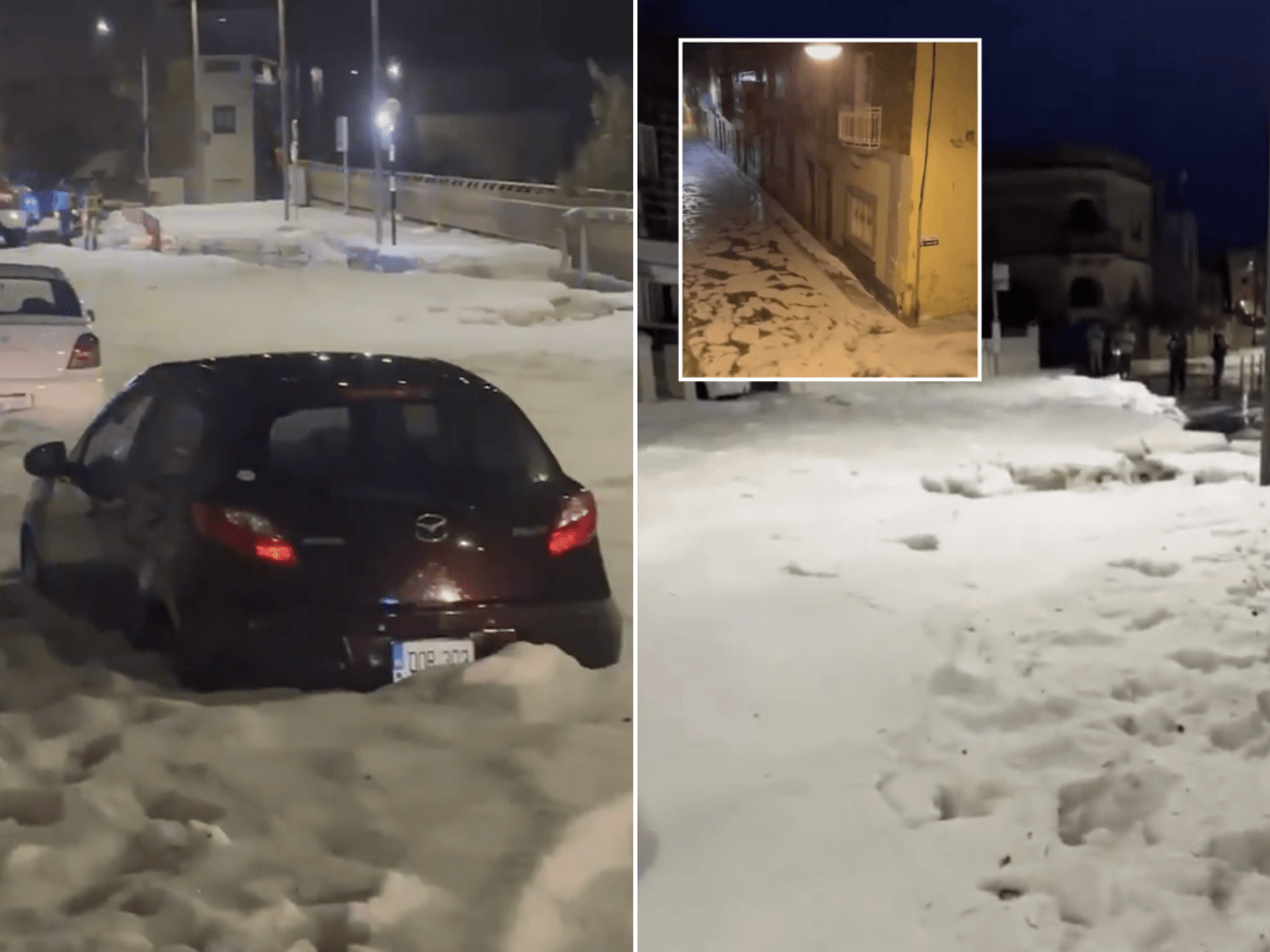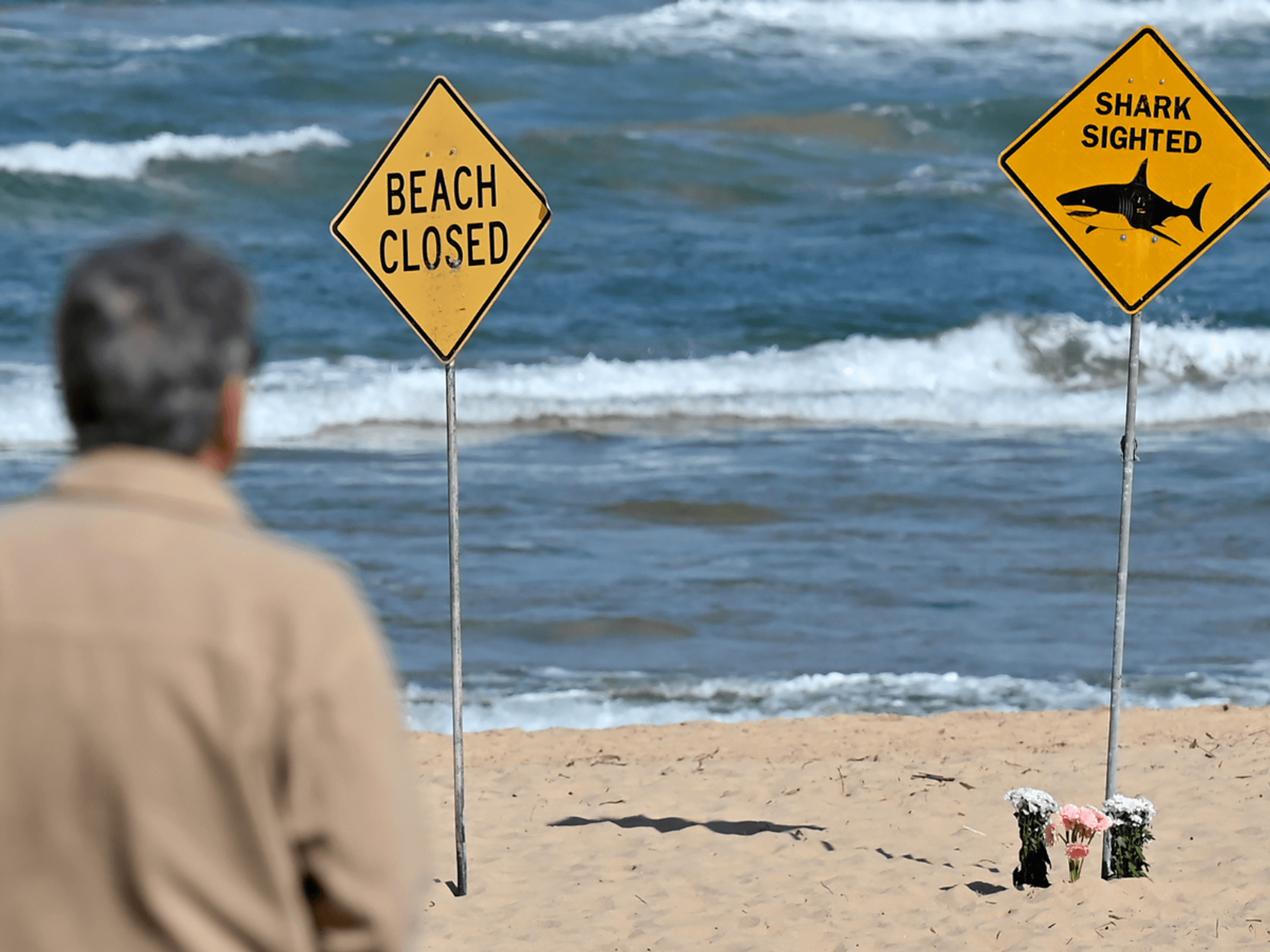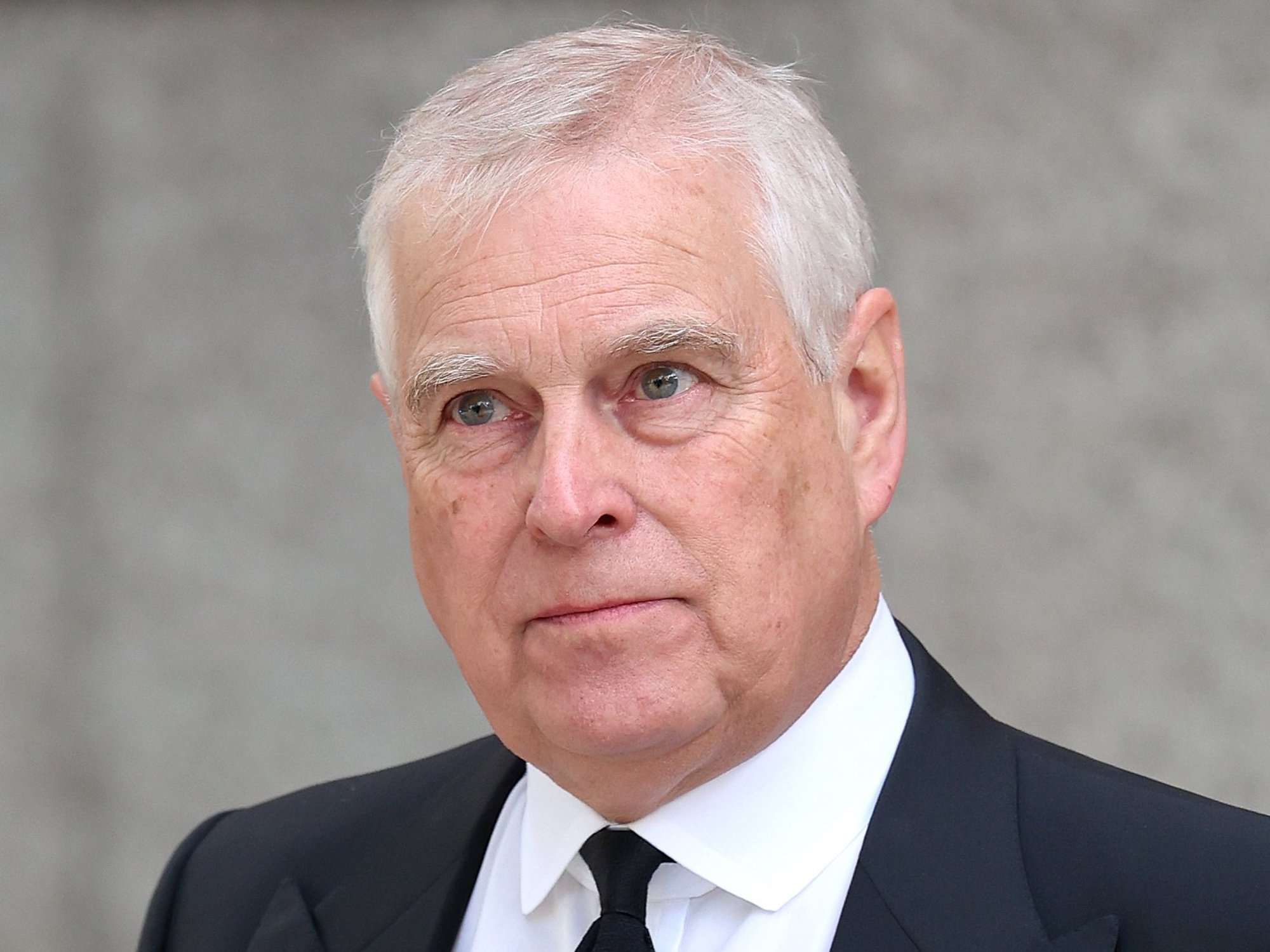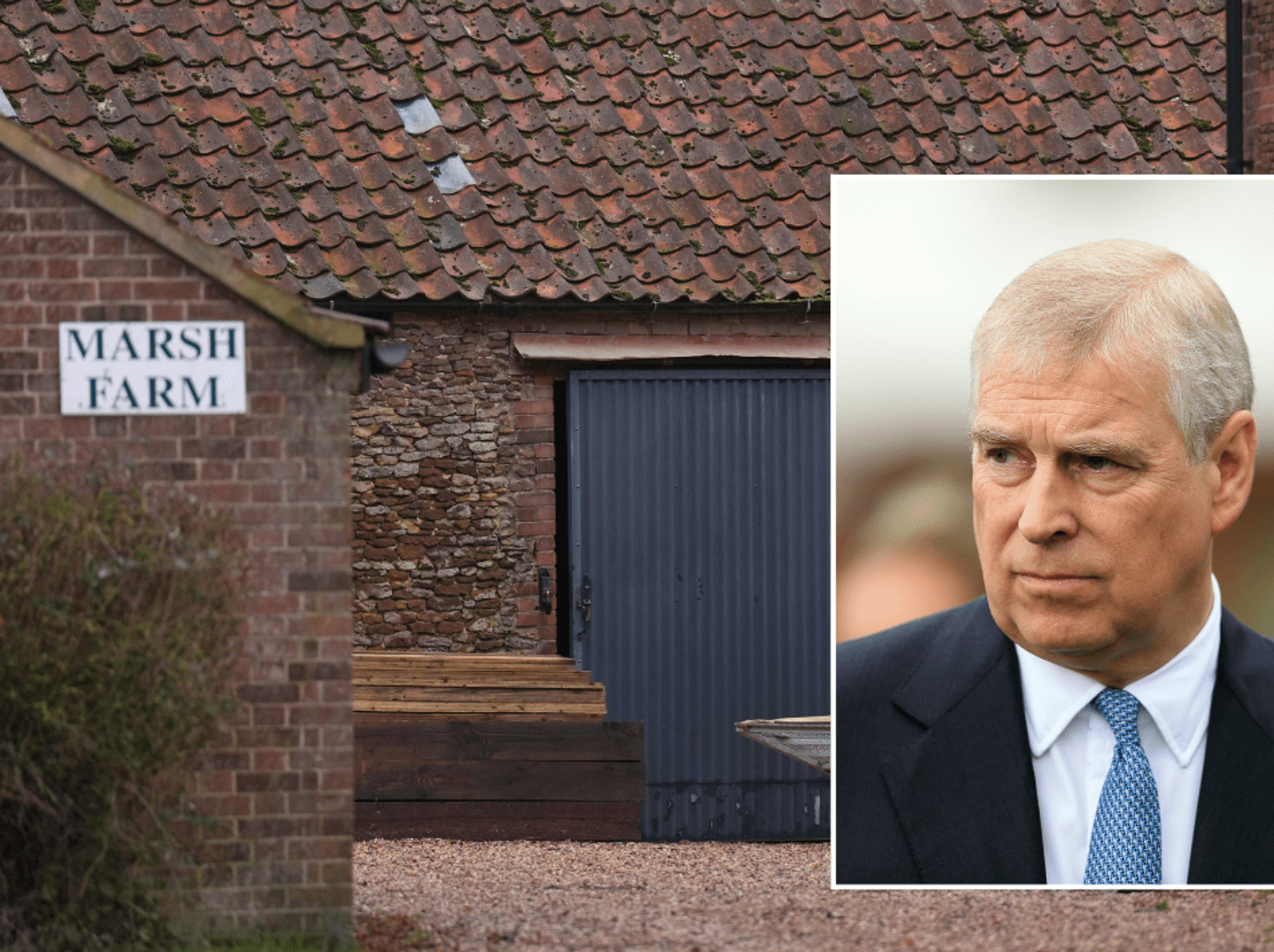Brainwave test can detect Alzheimer's-linked memory impairment up to 5 years before diagnosis

The revolutionary tool offers hope to countless people struggling to obtain a proper medical assessment
Don't Miss
Most Read
Latest
Scientists have created a revolutionary three-minute brain scan capable of identifying memory issues associated with Alzheimer's years ahead of conventional diagnostic methods.
The innovative test, named Fastball, employs EEG technology to monitor electrical brain activity through scalp sensors while patients view rapidly changing images.
This portable diagnostic tool can be administered in patients' homes, offering hope to countless individuals struggling to obtain proper medical assessment.
The breakthrough emerges as fresh research exposes a troubling reality: twenty per cent of those affected by dementia lack any form of assistance, with numerous patients encountering significant obstacles in securing a diagnosis.
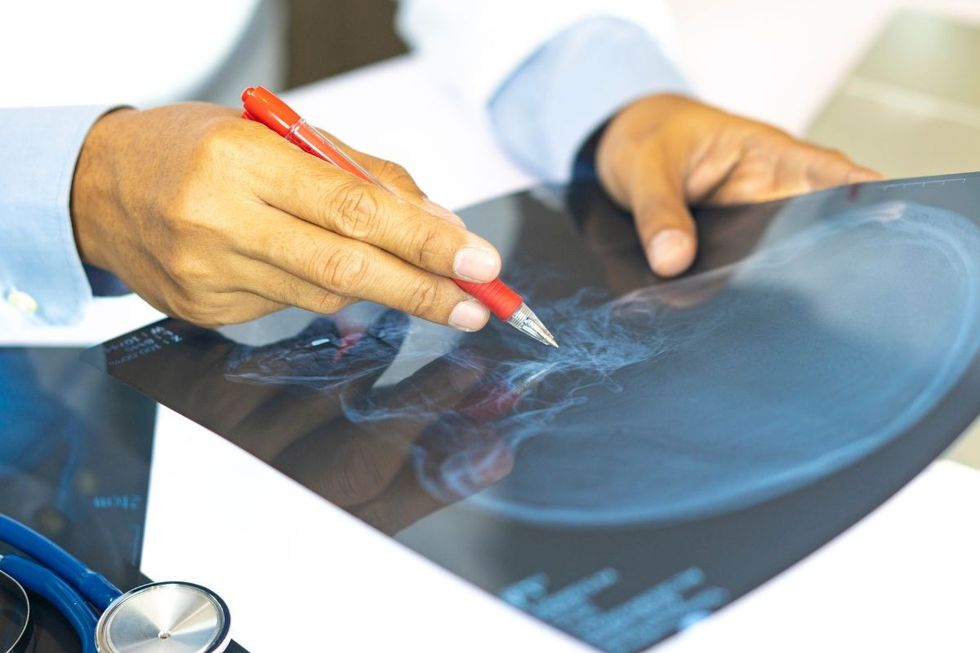
Dementia patients face significant obstacles in securing a diagnosis
|GETTY
The development represents a potential game-changer in early detection, addressing a critical gap in current diagnostic capabilities.
The research team from Bath and Bristol universities examined 106 participants, comprising 52 individuals diagnosed with mild cognitive impairment and 54 neurologically healthy older adults.
Published in Brain Communications, the investigation revealed that participants experiencing amnestic MCI – characterised by substantial memory deterioration, including missed appointments and forgotten conversations – demonstrated markedly diminished reactions during Fastball testing compared to both healthy subjects and those with non-amnestic variants.
The subjects underwent comprehensive neuropsychological evaluations alongside the Fastball assessment, measuring memory function, attention span and overall cognitive performance.
Follow-up examinations conducted twelve months later confirmed that the test maintained consistent reliability among healthy elderly participants.
Significantly, the research marked the first successful deployment of this technology within domestic environments, proving its viability beyond clinical facilities.
Dr George Stothart, the cognitive neuroscientist who spearheaded the research at Bath's Department of Psychology, stated: "We're missing the first 10 to 20 years of Alzheimer's with current diagnostic tools.
"Fastball offers a way to change that, detecting memory decline far earlier and more objectively, using a quick and passive test."
He stressed the pressing demand for accessible diagnostic solutions, adding: "There's an urgent need for accurate, practical tools to diagnose Alzheimer's at scale. Fastball is cheap, portable and works in real-world settings."
Chris Williams, who heads BRACE Dementia Research, which funded the study, described the technology as "an incredible tool that could offer anyone who, for whatever reason, cannot access a dementia diagnosis in a clinical setting."
However, Sir John Hardy, neuroscience professor at UCL's UK Dementia Research Institute, cautioned: "What it does not do, and does not claim to do, is distinguish early Alzheimer's from other causes of decline and this latter is also important.
LATEST DEVELOPMENTS
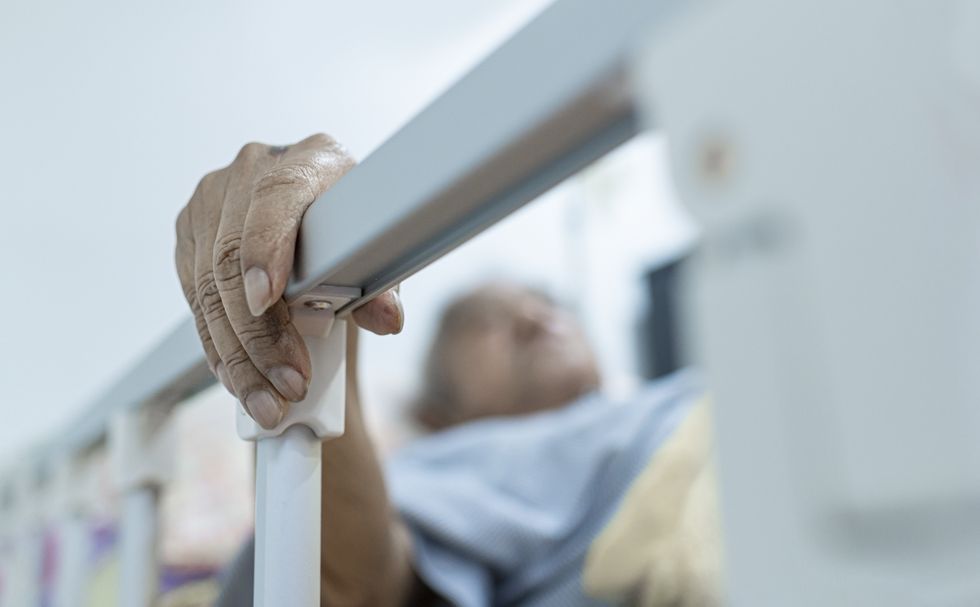
There are 982,000 UK residents currently living with dementia
|GETTY
"Because of this, it is likely that additional tests, biomarkers or imaging would also be needed for this second important aim."
The Alzheimer's Society calculates that approximately 982,000 UK residents currently live with dementia, though over one-third remain undiagnosed. This figure could reach 1.4 million within fifteen years.
New research commissioned by the charity surveyed nearly 3,500 individuals connected to dementia, revealing alarming gaps in support systems.
Professor Fiona Carragher, the organisation's chief policy and research officer, warned: "These findings tell us that far too many people are going without the help they need, whether it's support after a diagnosis, trained care professionals, or someone to turn to when things get hard."


